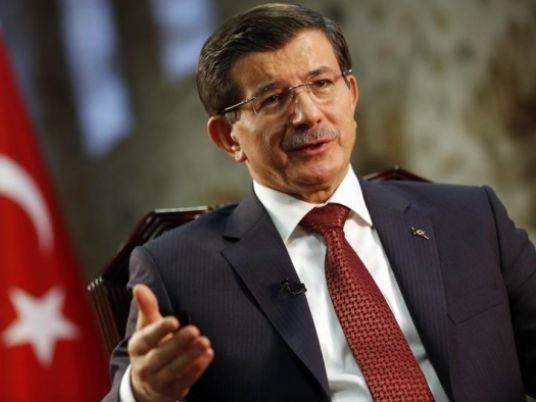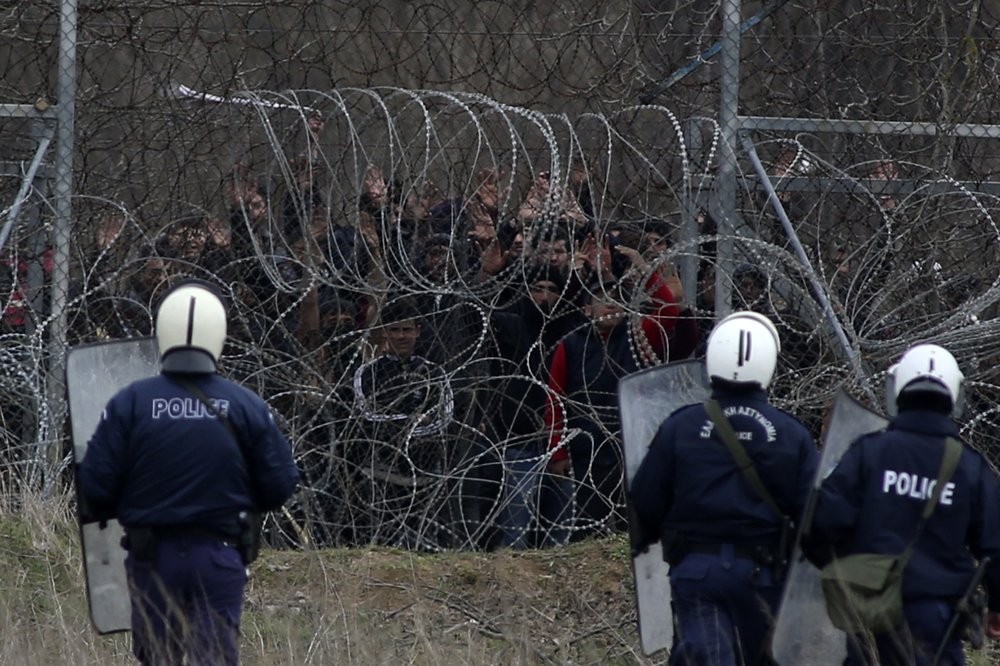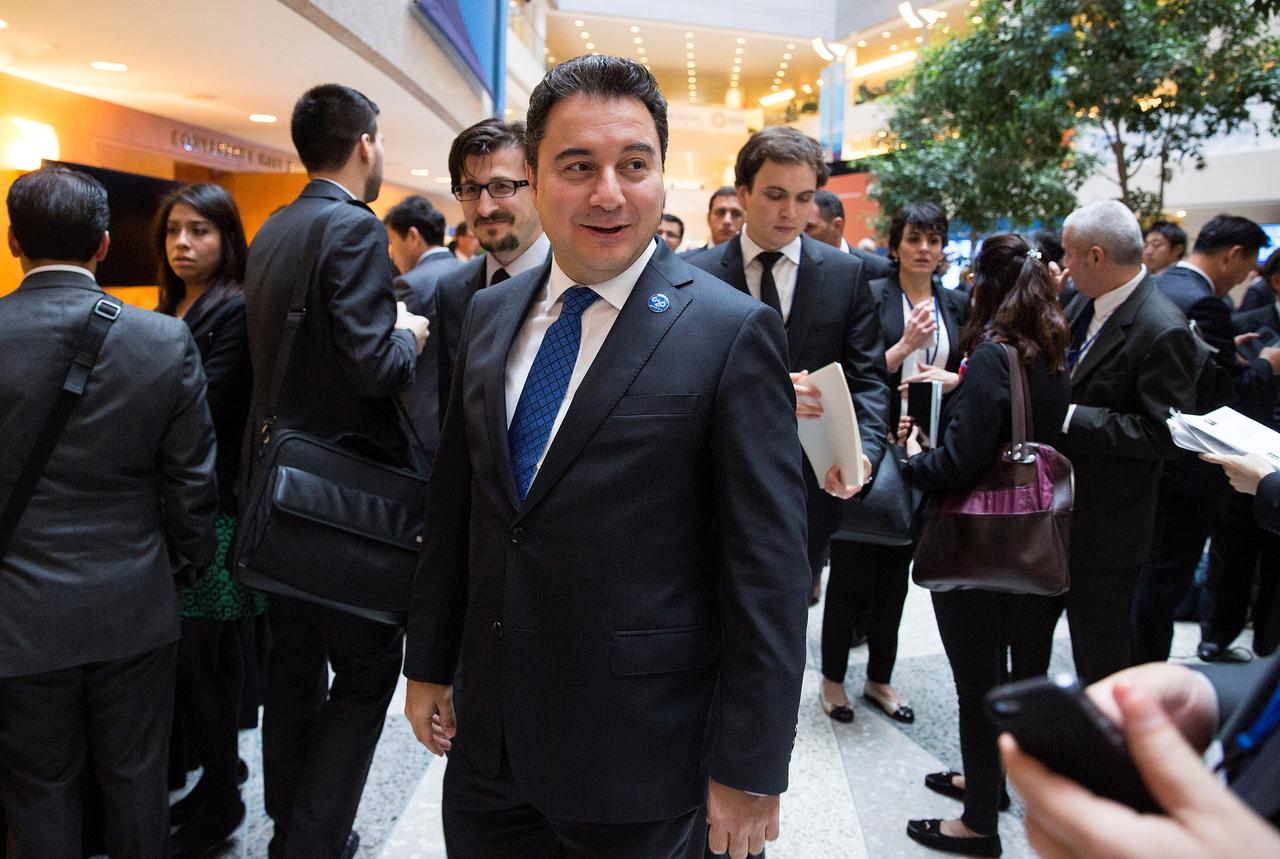
European demands that Turkey bring broad anti-terrorism laws in line with tighter EU standards risk undermining their agreement to curb illegal migration, a deal made more fragile by the Prime Minister's departure.
The European Union asked member states on Wednesday to grant visa-free travel to Turks in return for Ankara stopping migrants reaching Europe, but said Turkey still had to change some laws first.
On Thursday, PM Ahmet Davutoglu, who negotiated the deal for Ankara and has largely delivered Turkish compliance with its conditions so far, announced he was stepping down, throwing the agreement into uncertainty.
His departure consolidates the power of President Tayyip Erdogan, who has been highly critical of the EU in the past and who is seen in Brussels as a far tougher negotiating partner.
To win visa-free travel, Turkey must still meet five of 72 criteria the EU imposes on all states exempt from visas, one of which is narrowing its legal definition of terrorism.
In a speech on Friday, Erdogan indicated that would not happen.
Referring to the EU demand to change the law at a time when Turkey was under threat, he said: "We will go our way, you go yours."
Rights groups say Turkey has used broad anti-terror laws to silence dissent, including detaining journalists and academics critical of the government. But Ankara insists the laws are essential as it battles Kurdish militants at home and the threat from Islamic State in neighbouring Syria and Iraq.
"It's not possible to make any revision to the legislation and practices on terrorism while our country continues its intense fight against various terrorist organizations," EU Minister Volkan Bozkir was earlier quoted saying by the Daily Sabah on Thursday.
He said Turkey had already made some changes requested by Europe, including reference to "the concept of immediate and obvious danger that threatens public security".
"However, we don't have the luxury of making (further) changes," he was quoted as telling local reporters in Ankara.
Germany said it expects Turkey to uphold the deal, which was pushed by Chancellor Angela Merkel and which she hopes will shore up support for her conservatives ahead of a federal election next year.
Hard act to follow?
Erdogan is aware that visa-free travel is for many Turks the biggest benefit of Ankara's deal with the EU, and is unlikely to want to be seen as scuppering a deal which appeared, at least until Thursday, to have largely been secured.
But he bristles at suggestions that Turkey uses its anti-terror laws indiscriminately. He has repeatedly stressed his determination to crush Kurdish militants fighting an insurgency in Turkey's southeast, and is unlikely to sanction Ankara backing down on the European demands.
Much may depend on the ability of whoever replaces Davutoglu, a decision to be made at an extraordinary congress of the ruling AK Party on May 22, to convince European allies that Turkey has already done enough.
Transport Minister Binali Yildirim, a close Erdogan ally, appears to be the president's current preference, according to three senior AKP officials, although they said that could still change.
Government spokesman Numan Kurtulmus and Justice Minister Bekir Bozdag, also Erdogan loyalists, have also been touted, as has Energy Minister Berat Albayrak, Erdogan's son-in-law, sources in the party have said.
The head of the European Commission delegation in Ankara, Hansjorg Haber, also said he expected cooperation to seal the migration agreement whatever the shape of the new government.
"To finish the deal we need continuity… We expect that from any subsequent government," he told reporters.




